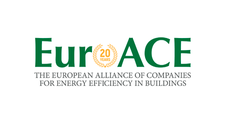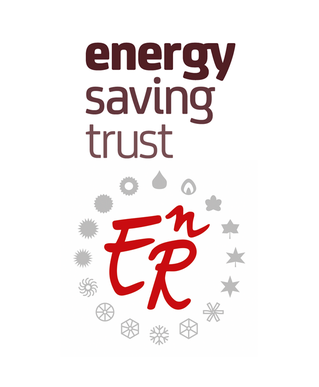Search eceee proceedings
Approach to an unknown: representative sample survey to explore the non-residential building stock in Germany – methods and first results
Panel: 7. Make buildings policies great again
Authors:
Michael Hörner, Institut for Housing and Environment (IWU), Germany
Dr. Holger Cischinsky, Institute for Housing and Environment (IWU), Germany
Prof. Dr. Guido Spars, Bergische Universität Wuppertal, Fachbereich Architektur, Fachgebiet Ökonomie des Planens und Bauens, Germany
Dr. Roland Busch, Bergische Universität Wuppertal, Fachbereich Architektur, Fachgebiet Ökonomie des Planens und Bauens, Germany
Dr. Martin Behnisch, Leibniz Institute of Ecological Urban and Regional Development (IÖR), Germany
Abstract
While residential building stocks are well monitored in order to satisfy the housing needs, in Germany as well as in many other countries the stock of non-residential buildings is a virtually unknown. However, this part of the building stock is of non-negligible relevance in climate protection strategies, hence quantification is needed.
In the project Research Database Non-Residential Buildings (www.datanwg.de) the objective is to shed light on the dark: For the first time, the non-residential building sector is subject to a representative sample survey concerning status and dynamics of its properties. The project is funded by the German Federal Ministry of Economic Affairs and Energy (BMWi) and conducted by the research consortium of IWU (lead), IÖR and BUW.
A new approach became feasible due to the recent development in geospatial data processing. A profound analysis of the Building Polygons (HU-DE) and 3D Building Models (LoD1-DE) provided the sampling frame for the so far unknown population of non-residential buildings. In a multi-stage sampling procedure, a representative sample of 100.000 building polygons was drawn. Screening on-site followed to determine the relevance of each sampling unit for the survey, to establish the relation between sampling units and population units and to gather information on the presumable owner, using a smartphone app. A professional market research institute is commissioned to conduct up to 10.000 interviews by phone or online questionnaire out of these data. These half-hour interviews cover structural parameters, data on building envelopes and technical installations and refurbishment rates. In case the owner agrees, specialized energy consultants collect data on the actual building use and measured energy consumption in a follow-up on-site, budgeted for up to 1.000 buildings.The pilot project has been conducted successfully, the methods work, first results are encouraging. The main phase of the project is underway until end of 2019.
Downloads
Download this presentation as pdf: 7-074-19_Hoerner_Presentation.pdf
Panels of
1. The dynamics of limiting (energy) consumption
2. What's next in energy policy?
4. Monitoring and evaluation for greater impact
5. Smart and sustainable communities
7. Make buildings policies great again
8. Buildings: technologies and systems beyond energy efficiency
9. Improving energy efficiency in ICT, appliances and products

























